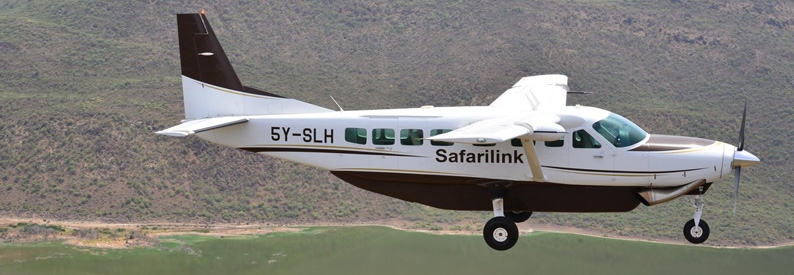ATSB Issues PT6A Engine Advisory After Lizard Island Crash

The Australian Transport Safety Bureau (ATSB) has issued a safety advisory urging operators of single-engine Pratt & Whitney Canada PT6A-powered aircraft to train pilots for uncommanded engine acceleration malfunctions. The advisory follows an accident on 8 January 2024, when a Cessna 208B Caravan charter flight operated by East Air overran the runway at Lizard Island, Far North Queensland, injuring all ten people on board.
According to the ATSB’s investigation, the aircraft, carrying a pilot and nine passengers, departed Lizard Island for Cairns when the pilot noticed a sudden change in the engine during climb. The Cessna began accelerating rapidly, with engine torque and temperature exceeding redline limits, while gas generator speed and fuel flow readings were absent. Although propeller revolutions remained within the normal range, the excessive and uncontrollable engine power forced the pilot to return to the island.
On approach, the abnormal thrust led to a high-speed landing, causing the aircraft to touch down long on the short runway. Despite maximum braking, the Caravan overran the strip at 92 knots, traversed sandy soil and vegetation, and eventually flipped after its left wingtip struck the ground. The aircraft came to rest inverted about 127 meters beyond the runway, with all occupants sustaining minor injuries.
The ATSB determined the uncommanded acceleration was likely caused by a malfunction in the engine’s fuel control unit. Data from Pratt & Whitney Canada indicated that uncommanded acceleration events, while relatively rare, occur more frequently than “roll back to idle” malfunctions. Yet, PT6A pilots are typically trained only for rollback scenarios, leaving a critical gap in preparedness.
“Pilots of PT6A turbine single-engine aircraft are trained for ‘roll back to idle’ malfunctions, but not trained for uncommanded engine acceleration malfunctions,” ATSB Director Transport Safety Kerri Hughes explained. “Consequently, as demonstrated in this accident, there is limited awareness of how to safely respond to such events.”
In response, the ATSB has recommended that operators of PT6A-powered aircraft review procedures for uncommanded acceleration at different flight phases, update training materials, and ensure pilots are equipped to handle these scenarios. Consultations with Caravan training organizations revealed limited awareness of this malfunction type, highlighting the need for industry-wide attention.
While acknowledging that uncommanded acceleration is not as catastrophic as a full engine failure, Hughes emphasized that it remains a hazardous condition requiring immediate corrective action to maintain control and prevent overstressing the engine or airframe. She noted that the operator involved in the Lizard Island accident has since published a temporary revision to its Quick Reference Handbook, including emergency guidance for unscheduled power increases during flight.
The ATSB stresses that operators should proactively review emergency procedures and incorporate training for non-standard malfunctions, ensuring pilots can draw on structured guidance rather than relying solely on experience and judgment in unexpected situations.
Read the final report: Engine malfunction and runway overrun involving Cessna 208B, VH‑NWJ, Lizard Island Airport, Queensland, on 8 January 2024
Read the SAN: Uncommanded engine acceleration events on single-engine PT6A powered aircraft
Related News: https://airguide.info/?s=cessna, https://airguide.info/category/air-travel-business/travel-health-security/
